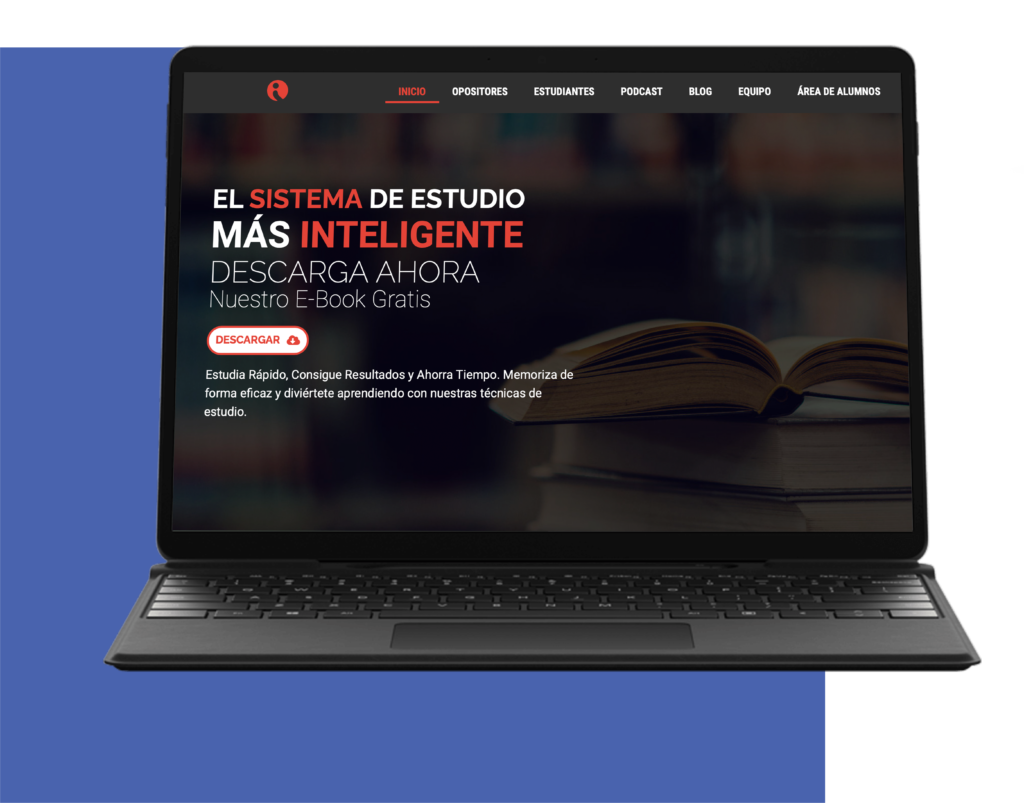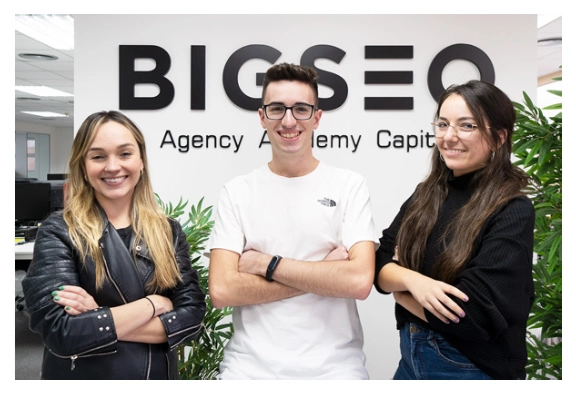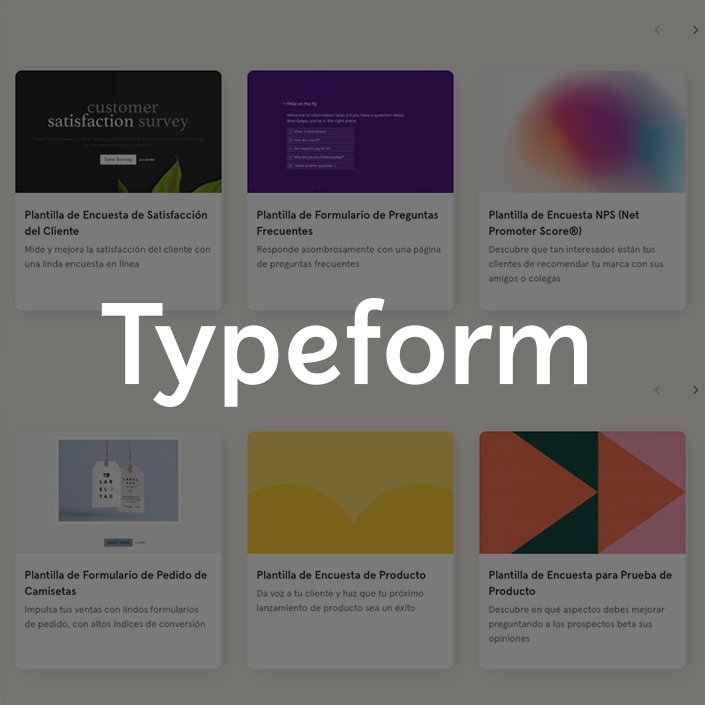Content Strategy That Increases Your Traffic
Reversal Inbound


VALUE OF THE STRATEGY
Increased ROI
Traditional content strategies work with informational keywords from very early stages of the customer journey. These keywords are far away from the moment of the user’s purchase decision, so it can take months, or even years, for visitors to become customers.
Reversal Inbound does the opposite, targeting keywords closer to conversion, so that results can be seen more quickly.
Why does Reversal Inbound get such good results?
We analyse the case of a person with difficulty breathing.
STEP ONE
Complete Keyword Research
We started by doing a complete Keyword Research of the sector and found a total of 700 keywords, both informational and transactional. The aim is to cover all users who either currently have, or will have in the future, an interest in what we offer.
STEP TWO
We phase the Customer Journey
We separate the keywords from the informational to the transactional phase and distribute them along the Customer Journey. Each user will be at a different point in the buying process.
Some users will be starting to understand that they have a problem and others will already be looking for the solution.
STEP THREE
We Understand What Types of Users We Have
In doing so, we see that the Buyer Persona goes through different stages until the purchase. We begin to understand the real needs they have at each moment, so we can offer segmented solutions.

Awareness
Level 1: Problems and Symptoms
Where the problem and symptoms are realised. Searches revolve around keywords such as “breathing problems” or “can’t breathe through my nose”.
Level 2: Problem Cause Detection
The user detects the cause of the problem and starts to investigate it with searches such as: “turbinate hypertrophy” or “swollen turbinates”.
Consideration
Level 1: Solution Searches
Now that they know what their problem is, they search for possible solutions. At this stage, the user uses keywords such as “turbinate operation”.
Level 2: Searches on the Chosen Solution
At a higher level, the buyer persona already knows what solution they are going to implement and starts doing searches related to it, such as “turbinectomy”.
Buy
Solution Procurement Process
Once they have all the information, they start their solution procurement process where they use transactional keywords such as “turbinectomy surgeons”.
With all this information, we can now create an editorial calendar that prioritises the creation of texts for the purchase phase, which increases conversion.
COMPETITIVE ADVANTAGE
This is the biggest advantage of the Reversal Inbound strategy
There are hundreds of keywords that can be worked on in a content strategy, but if we start with those that are closest to the purchase decision, we manage to convert earlier.
By doing so, you capture users closer to the moment of purchase so conversions are much easier and faster.
It is the most efficient way to work a SEO project to generate business.
CASE STUDY
SCHOOL OF MEMORY
How to sell study skills courses for candidates with a Reversal Inbound content strategy.
Escuela de la Memoria is a training centre for competitive examinations and high level students.

Objective
They came to BIGSEO to generate business and increase sales of their paid courses, so we proposed a Reversal Inbound content strategy to achieve quick results with quality content.
Analysis
First, we analysed the Customer Journey of their Buyer Persona and we realised that the user went through these three stages.
AWARENESS
The user is considering taking a high-level competitive examination or a PhD.
CONSIDERATION
They analyse tools, methods and techniques to get the training they need.
BUY
But eventually realises that he/she needs specialised training to pass the exam.
Research
Next, we did sector-specific keyword research to find out all the keywords that are used in their business.
We needed to know what were the searches that the competitors were doing until they came to buy a specific training course.
Presentation of conclusions
After separating them into informational and transactional, we distributed the keywords along the customer journey as follows.

Awareness
Level 1: Generic Information Search
The user detects the problem and the symptoms, so the searches revolve around keywords such as “how to study for the civil service exams in justice” or “how to study for the civil service exams in the public prosecutor’s office”.
Level 2: Search for Specific Information
The user discovers what the cause of the problem is and starts to dig deeper with more specific searches such as: “how to study the constitution” or “how to memorise laws”.
Consider
Level 1: Resource Searches
Once the problem has been detected, it is time to search for possible solutions. In this phase, the user uses keywords such as “test oposiciones” or “audiolibro de la constitución española”.
Level 2: Searching for a Method
Once you know the solution you need, it is time to do related searches using keywords such as “effective study methods for competitive examinations” or “quick reading techniques”.
Buy
Level 1: Free Solution
The user is very close to the moment of purchase but is still looking for free options. In this phase they use keywords such as “free speed reading course” or “free memorisation course”.
Level 2: Paid Solution
In the purchase phase, the user searches for paid solutions so they eliminate the word free and use transactional keywords such as “memorisation course”, “speed reading course” or “study skills course”.
As you can see, each stage of the customer journey is subdivided into two levels of awareness. This is true even in the purchase phase.
As it is a school that offers free training for users, the sale is divided into two different phases: Free courses and paid courses.
Strategy approach
Now we are ready. Once we had all the keywords correctly distributed throughout the customer journey, all that remained was to attack the keywords from purchase to awareness by creating quality content.
And that’s how we at BIGSEO created the Reversal Inbound content strategy for Escuela de la Memoria to position itself for high-converting keywords and increase sales of its training courses.

With the Reversal Inbound strategy you generate return faster than your competitors who are still working on the most distant keywords because they are the easiest to position.
Romuald Fons
OUR WORK
Companies hire us for our results
Each client needs a tailor-made SEO strategy that gives the most benefit to their business.
TESTIMONIALS
Our clients love what we do
“We grew from 1k to 83k visits per month in just 6 months. We are very grateful!"
“Impeccable! Their SEO technique is excellent!”
“We got an enormous amount of visibility and multiplied our database x2.”
“Since we launched our new website, we received a lot of contact input and it has been very well maintained, greatly increasing the workflow.”

CARRERA
Join BIGSEO
Bring value to leading companies in your sector that want to continue growing with great professionals like you.
Enjoy the constant challenge of facing new difficulties in which to demonstrate your initiative and contribute innovative ideas.
Be part of a motivated team, learn something new every day and have fun in the process (check out our Instagram and you’ll see).









